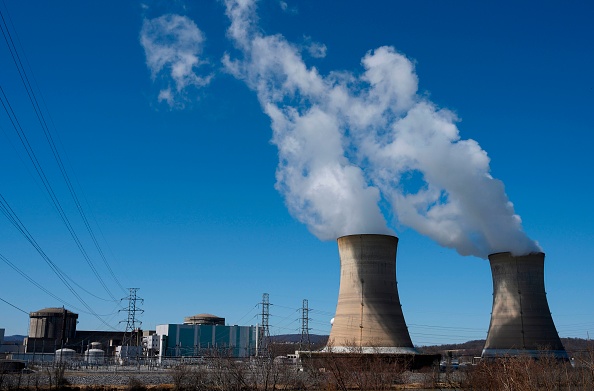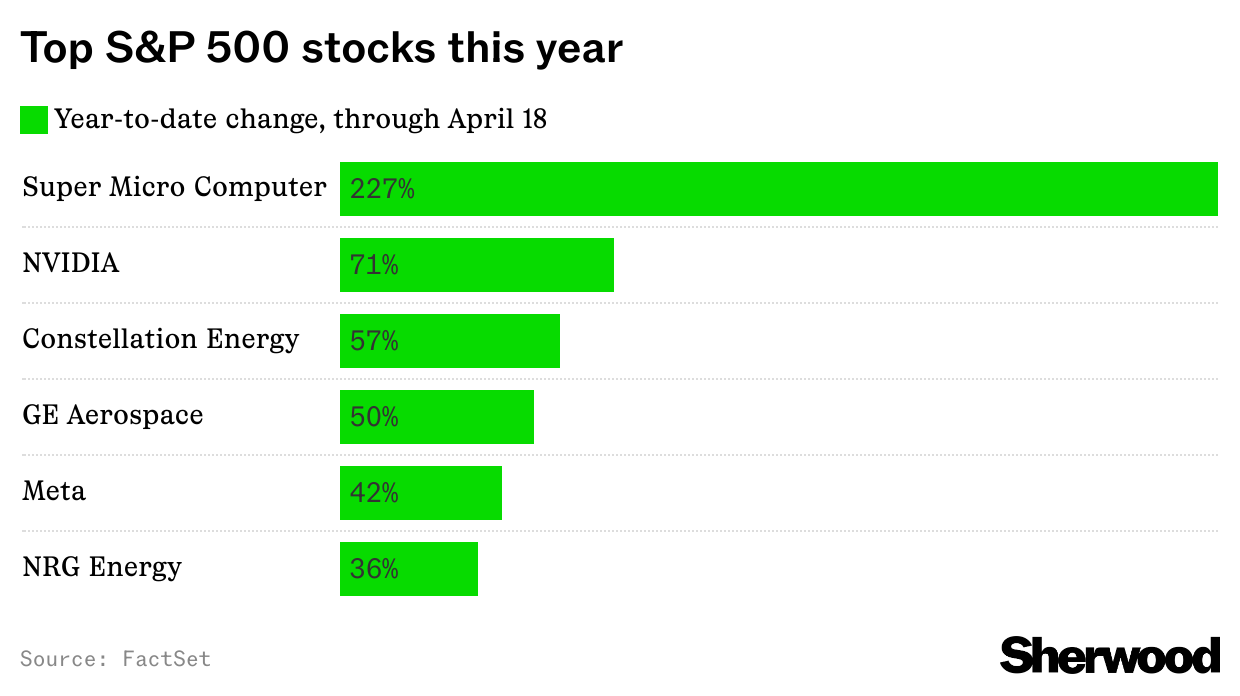Thursday Jul.08, 2021
☁️ Cloud Wars, demystified
_"This is definitely going on Nextdoor" [Caspar Benson via GettyImages]_
Hey Snackers,
Spotted: bad reviews. The "Gossip Girl" reboot launches on HBO Max today, but critics are already XOXO'ing — not in a nice way.
Yesterday, the Fed indicated it's not ready to end its economy-boosting, cash-infusing policy yet – but it could be close. The S&P 500 index ticked up to a record regardless.
JEDI
Cloud Wars: the Pentagon calls off its $10B JEDI contract, two years after Microsoft won
Put down your lightsabers... The JEDI war is over. In 2019, Microsoft scored a huge win by snagging the Pentagon's $10B cloud-computing contract (aka: "JEDI"). Over 10 years, Microsoft would modernize the Department of Defense's IT systems, storing and crunching government data in its cloud. After losing the bid, cloud competitor Amazon appealed the decision. In response to the 'Zon's lawsuit, a federal judge temporarily blocked the deal earlier this year.
- The tea: Amazon claimed that then-President Donald Trump sabotaged its JEDI bid because of beef with The Washington Post, which Jeff Bezos owns.
- Now, JEDI is canceled. The Biden admin scrapped the contract, in favor of a new contract that will be awarded to multiple cloud companies.
Cloud moves fast... Two years after outlining its cloud-computing needs, the DoD wants to reassess its options. Now, Amazon and Microsoft will both be solicited for proposals for the new contract, called "Joint Warfighter Cloud Capability" (less catchy). Other qualified bidders could include Google, Oracle, and IBM. The DoD is America's largest employer, which means big cloud cash.
- In context: Companies and governments are moving in droves from on-premise data storage (think: OG Word doc on your PC) to cloud storage (think: Google Doc in the cloud).
- The cloud-computing market is worth $214B, and the competition for market share is intense. Amazon's AWS is the leader, while Microsoft's Azure is #2.
The Cloud Wars are far from fluffy... They're brutal for a reason. Cloud is the oil of the modern economy, powering everything from Netflix to your credit card payments. Cloud infrastructure service revenue was $39B in the first quarter, up 37% from last year. Once a company transitions to a cloud service, it's hard to move off because of high switching costs. High-profile contracts like this Pentagon deal are crucial to gaining market share in a cloud-eat-cloud world.
Tabitha
Neighborhood social network Nextdoor is going public: it’s capitalizing on “local media”
Has anyone seen my tabby cat?... When Tabitha's missing, a Facebook post won't help — so you turn to Nextdoor. The hyper-local social networking app allows you to chat with neighbors, exchange recs, and get the scoop on local news. Like: your fave mailman just retired, and that "earthquake" you felt was actually just you. People seek advice on everything from babysitters, to laundromats, to borrowing BBQ grills.
- Nextdoor is going public through a SPAC merger that values it at $4.3B, nearly double its 2019 valuation. The 10-year-old company will raise nearly $700M.
- KIND: Nextdoor's future ticker combats perceptions about its chatrooms, like "Trina, can you take out your stupid trash before 2 am.”
- $$$: Nextdoor makes most of its money from ads for local businesses and real estate brokers. Two big trends in its favor: business reopenings and the housing boom.
Giving away my extra TP rolls... Too kind. Nextdoor thrived during the pandemic, as people flocked to the app for info about Covid, testing/vax sites, and local biz closures. Now:
- Nearly one in three households in the US use the Nextdoor app.
- 275K+ neighborhoods across 11 countries are on Nextdoor.
- Facebook is trying to Zuck Nextdoor with a copycat called “Neighborhoods.”
OG social has become too antisocial... Most of the time: You're scrolling photos of random influencers and meme accounts, and barely interacting with your 1K followers. On FB, you're flooded with notifications about people you haven't seen since 5th grade. People are seeking real community post-pandemic, but big social networks have become too big. Tight-knit communities and real-life connections help Nextdoor users feel closer — call it "local media."
What else we’re Snackin’
- Served: 36 states sued Google, alleging that the tech giant illegally abused its power over developers on the Google Play store.
- Chipper: Samsung's quarterly profit soared 53% because semiconductors are a hot commodity, and it's serving up memory chips.
- Trumped: Donald Trump filed proposed lawsuits against Facebook, Twitter, Google, and their CEOs, after they removed him from their platforms.
- Crypto: Visa will allow cardholders to pay with crypto at 70M merchants worldwide, but the merchants will get paid in fiat (aka: regular) currency.
- Blimey: British fintech giant Wise notched an $11B market cap after going public in London through a direct listing.
- Floral: Authentic Brands, which owns struggling mall staples Forever 21 and JCPenney, is filing to go public.
Thursday
- Weekly jobless claims
- Earnings expected from Walgreens
Authors of this Snacks own: Microsoft, Google, and Amazon
ID: 1
.png)

